Research shows that most Latinos in the US are concerned about climate change and care more about the issue than most other groups.
A few months ago, Mary Wagner woke up to the smell of smoke from wildfires in California and northern Nevada. She readied her sons for school and stepped outside into the smoky Las Vegas air. Her 13-year-old son's asthmatic cough worsened.
"It's really, really bad and it's really hard for him to breathe," she recalled.
This summer, the city also sizzled under prolonged, record-breaking temperatures of 46.11 C or greater. Wagner knows days will get hotter and wildfires more frequent with climate change. That's why global warming is a critical issue for her in this election.
"Seeing how climate change affects our pockets as well as our health has become a priority for myself and for people in my community," said Wagner, who was born in Honduras, grew up in the US.
This year she will be voting in her first election after becoming a citizen in 2022.
Latina voters could play a crucial role in this election
As November approaches, Latinas like Wagner could play a critical role in deciding the presidency and several congressional and gubernatorial races. An estimated 36.2 million Latinos are eligible voters this year, four million more than four years ago.
But Latina voters, who turn out to the polls at higher rates than Latino men, could play a more decisive role.
Amid many potential voters with varying priorities, some groups are targeting Latinos with a climate focus. They are hoping to harness the power of Latinas to vote to protect children from climate change, a top-of-mind issue for Latino voters who support Vice President Kamala Harris, according to the Pew Research Center.
And it's women who are more likely to vote for Harris: A recent poll from The Associated Press-NORC Center for Public Affairs Research on Latinos found that Harris is viewed more positively by women than men.
The Harris and Trump campaigns view climate change, caused by burning fuels like gasoline and coal, very differently.
Harris touts the Inflation Reduction Act of 2022, the largest green energy bill in US history, and says climate change is a threat that needs to be combatted.
Trump, who has called climate change "a hoax," has attacked electric vehicles, falsely claimed that offshore wind turbines hurt whales and promised to freeze IRA spending.
After the issue lingered on the sidelines of the presidential campaign all year, the destruction wrought by Hurricanes Helene and Milton have made climate more central.
During the vice presidential debate, the issue was among the first questions asked of Republican JD Vance and Democrat Tim Walz.
How important is climate change to Latina voters?
A recent survey from Yale University found that more than one-third of eligible voters said global warming is very important to their vote and want candidates who support action.
In recent polling from the organisations Latino Victory Foundation and Hispanic Federation, 73 per cent of respondents said they were almost sure to vote, but Latinas were 25 per cent more likely to vote than their male counterparts, according to Katharine Pichardo-Erskine, executive director of the Latino Victory Project.
That tracks with data showing that in general women are more likely to vote than men.
"We're the ones serving meals to our neighbours and taking the kids to school and doing our due diligence in terms of holding up our communities," she said. "And voting is part of that."
The organisation has invested about $2 million (€1.8 million) in Arizona alone for its Vote Like a Madre campaign, a bilingual effort to mobilise Latinas – specifically moms – to vote to protect their kids' future from climate change.
It warns that wildfires, hurricanes and floods are getting worse, and that voting for climate will help ensure their children will breathe fresh air and live more stable lives. They are also targeting voters in Florida, Colorado, Nevada, California and New Mexico.
Why are most Latinos in the US are concerned about climate change?
Research shows that most Latinos in the US are concerned about climate change and care more about the issue than most other groups.
The reasons are numerous: Latinos are overrepresented in jobs that make them vulnerable to climate dangers. They're construction workers exposed to extreme heat and farm workers toiling in fields even as wildfire smoke chokes the air.
Latino communities are also more likely to live near oil and gas facilities that spew and exacerbate environmental pollution, according to the Environmental Protection Agency. An EPA analysis also found that Latinos and other underserved communities are least able to prepare for and recover from climate impacts.
"We're seeing that right now in real time," said Isabel González Whitaker, an associate vice president for Moms Clean Air Force and director of its Latino program EcoMadres. "So how can it not be carried with these communities into the booths?"
Anthony Leiserowitz, director of the Yale Program on Climate Change Communication, believes there's also a "deep, cultural worldview of relationship to the natural world" that makes climate an important issue for Latino communities.
"It seems to be very much rooted in family structure and family experience of nature," he said, adding that many Latino communities don't see themselves as "entirely separate from the natural world."
The importance of climate to Latino voters varies by gender, where they were born or political party. For Latino Harris supporters, 61 per cent said climate change was very important to their vote in the presidential election, according to the Pew Research Center, compared to 24 per cent of Trump supporters.
The differences underscore that Latino voters are not a monolithic bloc. Latinos have vastly different cultures, and many US-born Latinos have few cultural ties to Latin America. While they have historically leaned Democratic, Republicans have made inroads within some communities by emphasising jobs, economic growth and religious values.
Last minute endorsements and hot weather
Amid last-minute jockeying for support, on Sunday Harris received an endorsement from megastar Bad Bunny.
The nod came after a comedian at a Trump rally made crude jokes about Latinos and called Puerto Rico a "floating island of garbage." The Trump campaign said the "joke does not reflect the views of President Trump or the campaign."
Trump was widely criticised for his response to Hurricane Maria in 2017, which killed an estimated 3,000 people, a number that he repeatedly questioned. Weeks before the 2020 presidential election, his administration released $13 billion (€12 billion) in assistance.
A federal government watchdog found that officials hampered an investigation into delays in aid delivery.
How acutely people feel climate impacts can influence how they prioritise the issue. Canvassing on a 45.56C day in Arizona, Emiliana Guereca, founder and president of the Women's March Foundation, found it was an important issue for Latinas there.
But in Pennsylvania, voters were more interested in "pocketbook issues" like healthcare, said Guereca, speaking from a phone bank in Boyle Heights, a predominantly Latino neighbourhood in Los Angeles.
Guereca's team of volunteers has been calling Latinas in states like Nevada, New Mexico and California encouraging them to vote for Harris.
On a recent unusually hot late October day, Rosemary Diaz's face glistened with sweat as she walked around vendor booths of Placita Olvera in Los Angeles. Reflecting on her top concerns this election cycle, she said climate was in the top five.
"Hotter days. All I can think about is hotter days," said Diaz as her son, 8-year-old Juan, stood at her side eating spoonfuls of vanilla ice cream.

 2 months ago
17
2 months ago
17
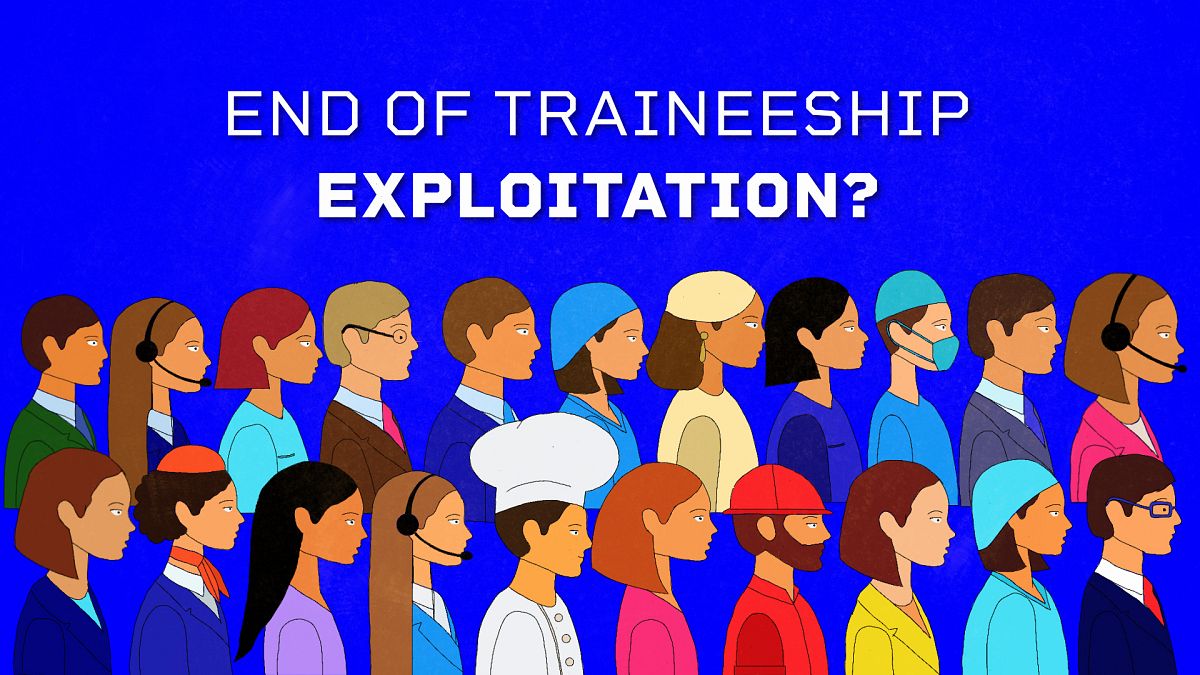
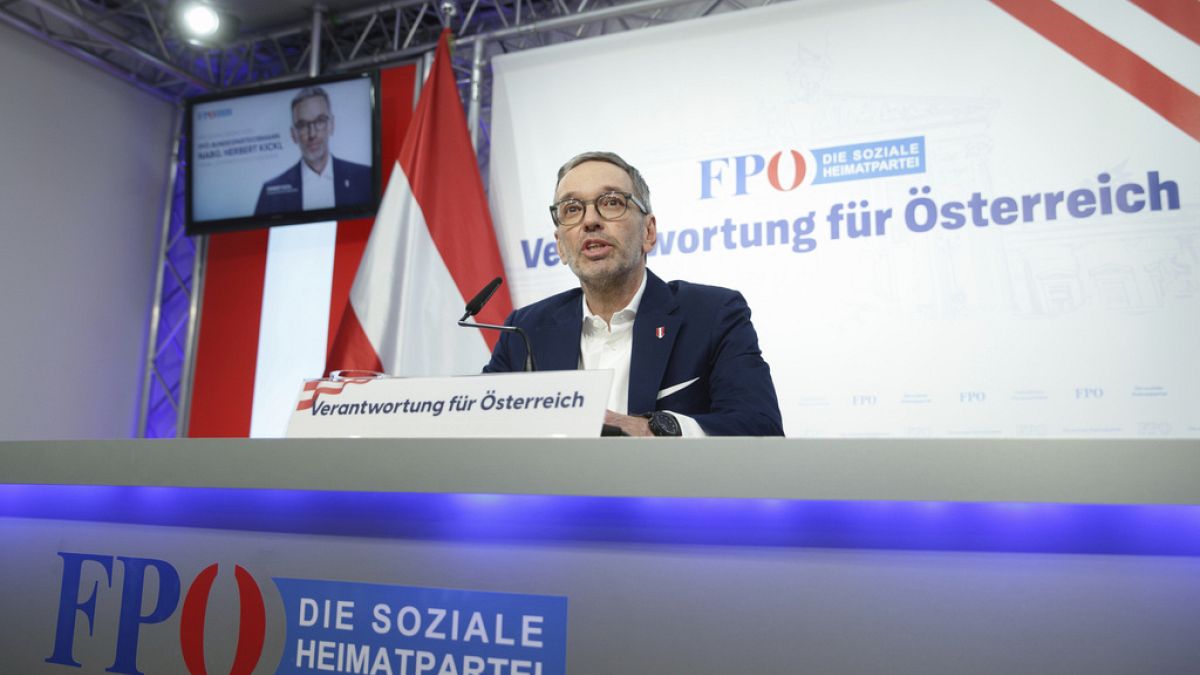
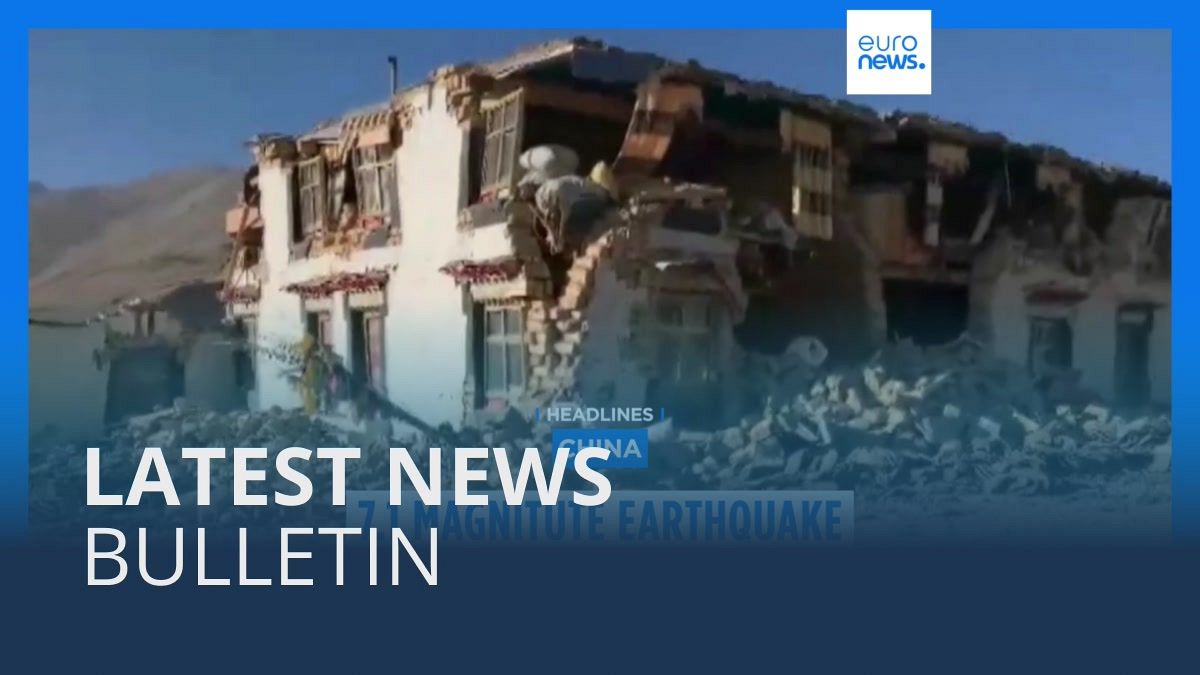
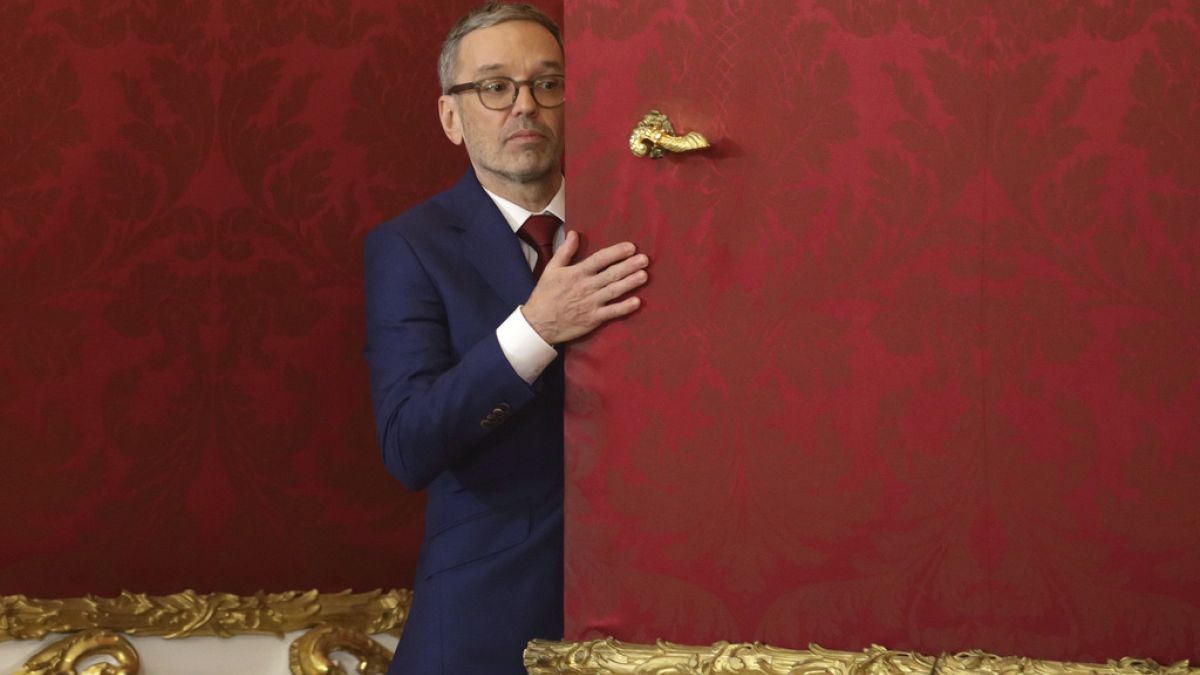
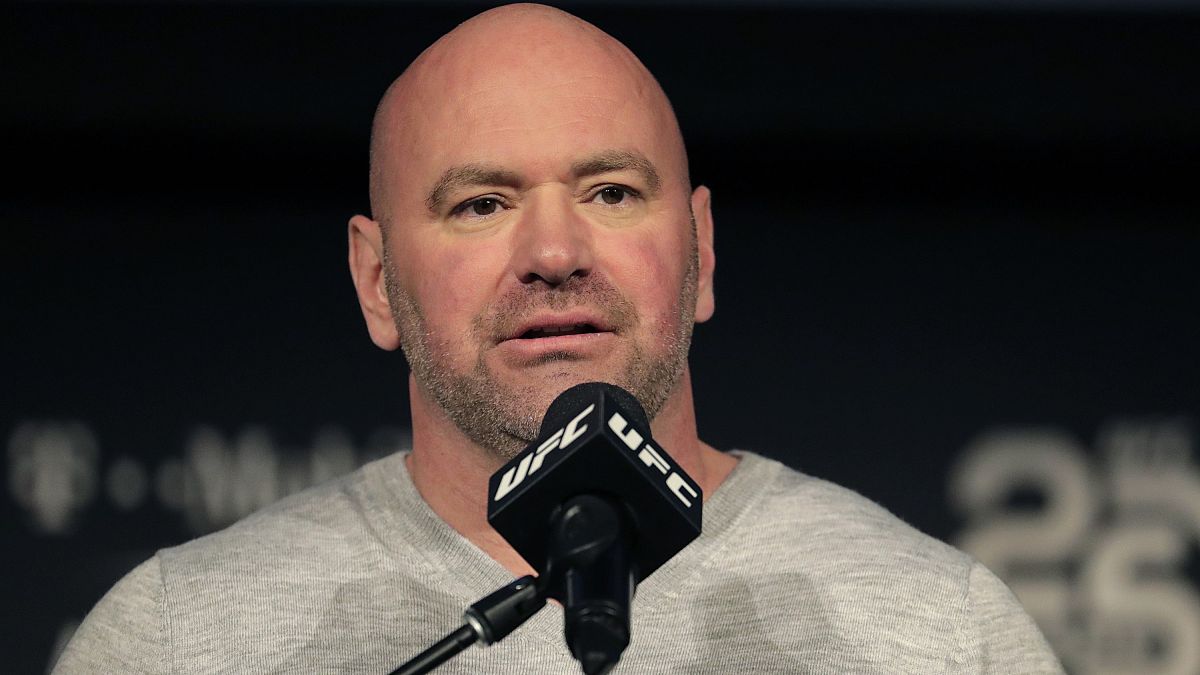
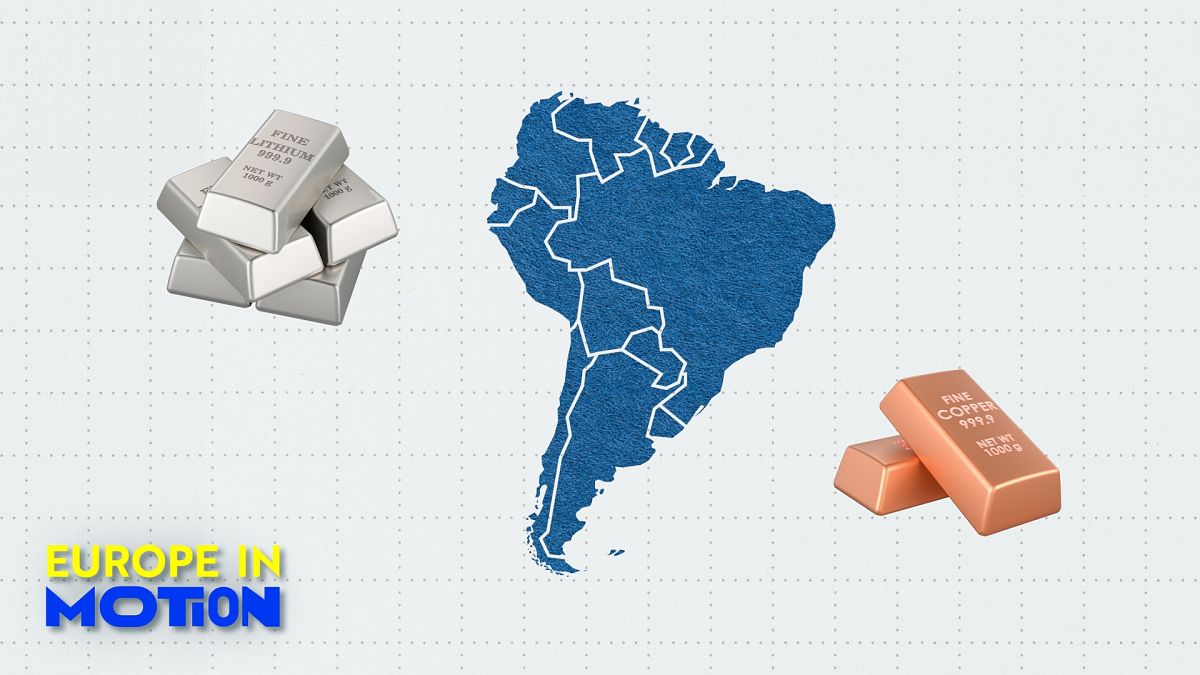
 We deliver critical software at unparalleled value and speed to help your business thrive
We deliver critical software at unparalleled value and speed to help your business thrive






 English (US) ·
English (US) ·